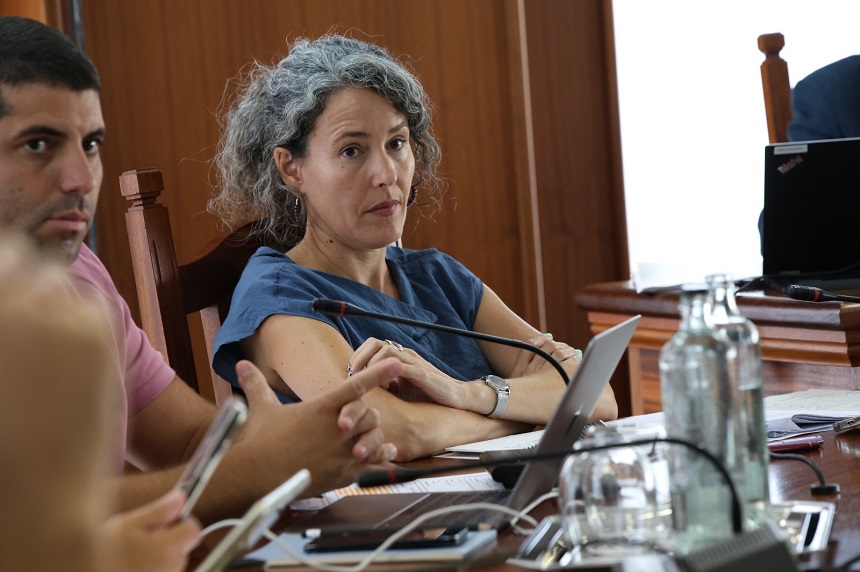The President of the Canary Islands Government, Fernando Clavijo, and the Minister of Education, Poli Suárez, inaugurated the 2025/2026 school year this Tuesday at the Güime Infant and Primary Education Centre (CEIP), in San Bartolomé, Lanzarote. The event, rich in symbolism, was meant to welcome the 106,919 children returning to classrooms across the archipelago.
During his speech, Clavijo emphasised the start of the new school year as an opportunity to reinforce the commitment to quality public education in the Canary Islands. He reminded attendees that “equality of opportunity, progress, and social cohesion” largely depend on the education received by the younger generation.
For his part, the Minister of Education, Poli Suárez, praised the choice of a small unitary school for the commencement of the academic year. “CEIP Güime, with just around twenty students, represents the connection to the community and the personalised attention offered by these institutions, which are vital for keeping rural communities alive,” he stated.
Among the objectives for the new school year, Suárez announced the reduction of student-to-teacher ratios, the strengthening of the teaching staff, the simplification of administrative bureaucracy, and improvements to infrastructure to address issues like high temperatures. He also reiterated the commitment to Vocational Training and the consolidation of early years education for children aged 0 to 3.
The event was attended by regional and local authorities, including the Minister of Universities, Migdalia Machín; the Education Minister of the Lanzarote Council, Ascensión Toledo; and the Mayor of San Bartolomé, Isidro Pérez, along with representatives from the educational community.
Several students read verses in tribute to education, while musicians Gabriel Cubas Morales and Auristela Cubas Páez performed pieces from Canary Islands folklore, including Chipude and Pájaro Campana.
With the inauguration this Tuesday, a school year that will involve nearly 236,000 students across all educational stages begins, supported by over 28,000 teachers and about 5,000 non-teaching professionals throughout the Canary Islands.













